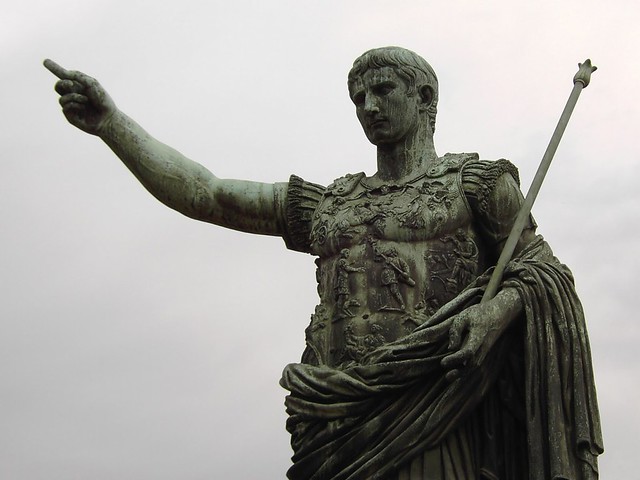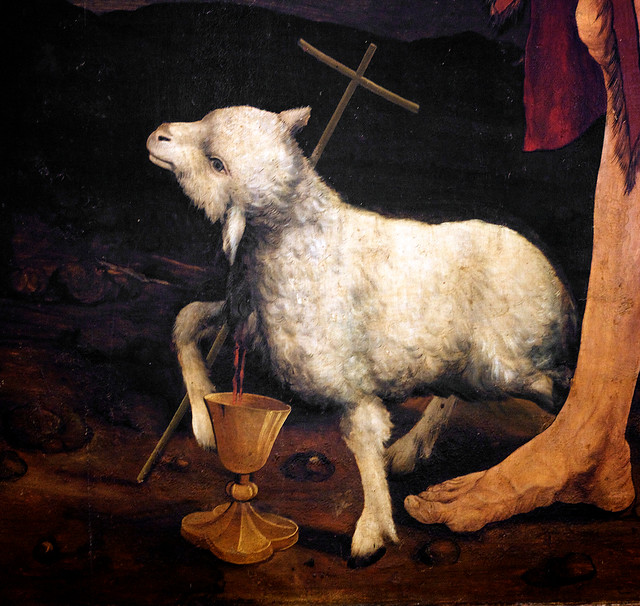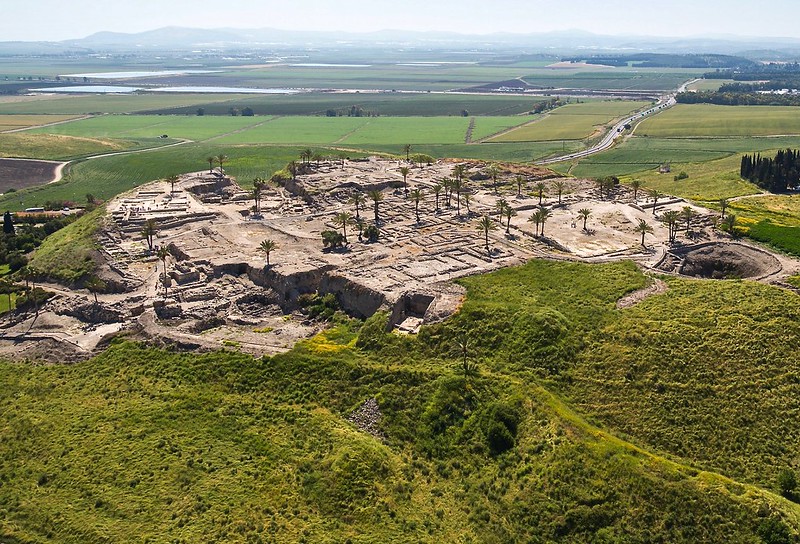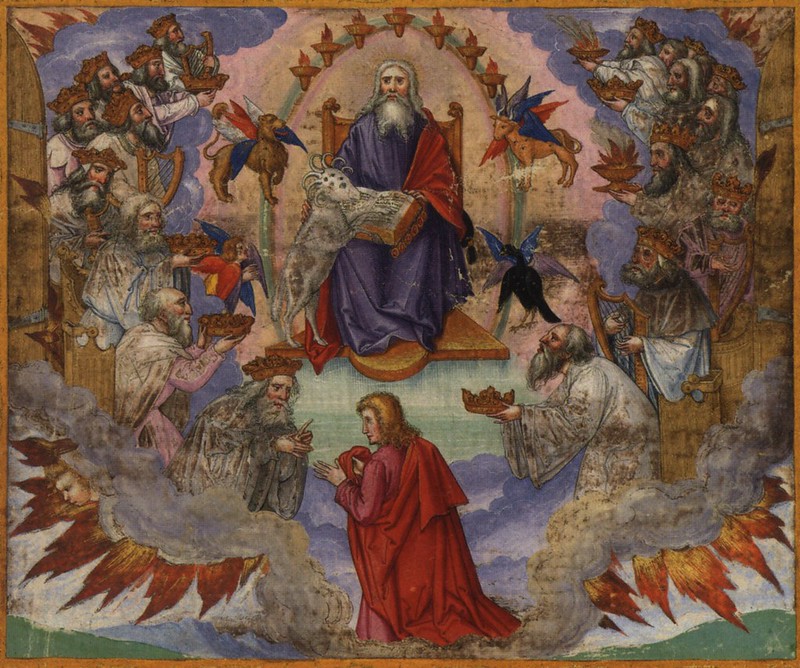The Cults of Caesar and Christ

The Cults of Caesar and Christ
Brian Zahnd
The original name for what would eventually became known as Christianity was “the Way.” You won’t find “Christianity” in the Bible, but you will find “the Way” seven times in the book of Acts. If you had asked a baptized follower of Jesus during the first century, “What is your religion?,” she most likely would have replied, “I belong to the Way.” This is what the Apostle Paul said in his hearing before the Roman governor Felix: “I admit that I follow the Way, which they call a cult.” (Acts 24:14)
The common life of following Jesus together was called the Way, not because it was the way to heaven (the afterlife was never the emphasis), but because they had come to believe that in his death and resurrection Jesus had inaugurated a new way of life. Because the lifestyle of the Way was such a radical departure from the way of the Roman Empire, it is no surprise that people viewed the Way with great suspicion and often maligned it as a dangerous cult.
Read more



